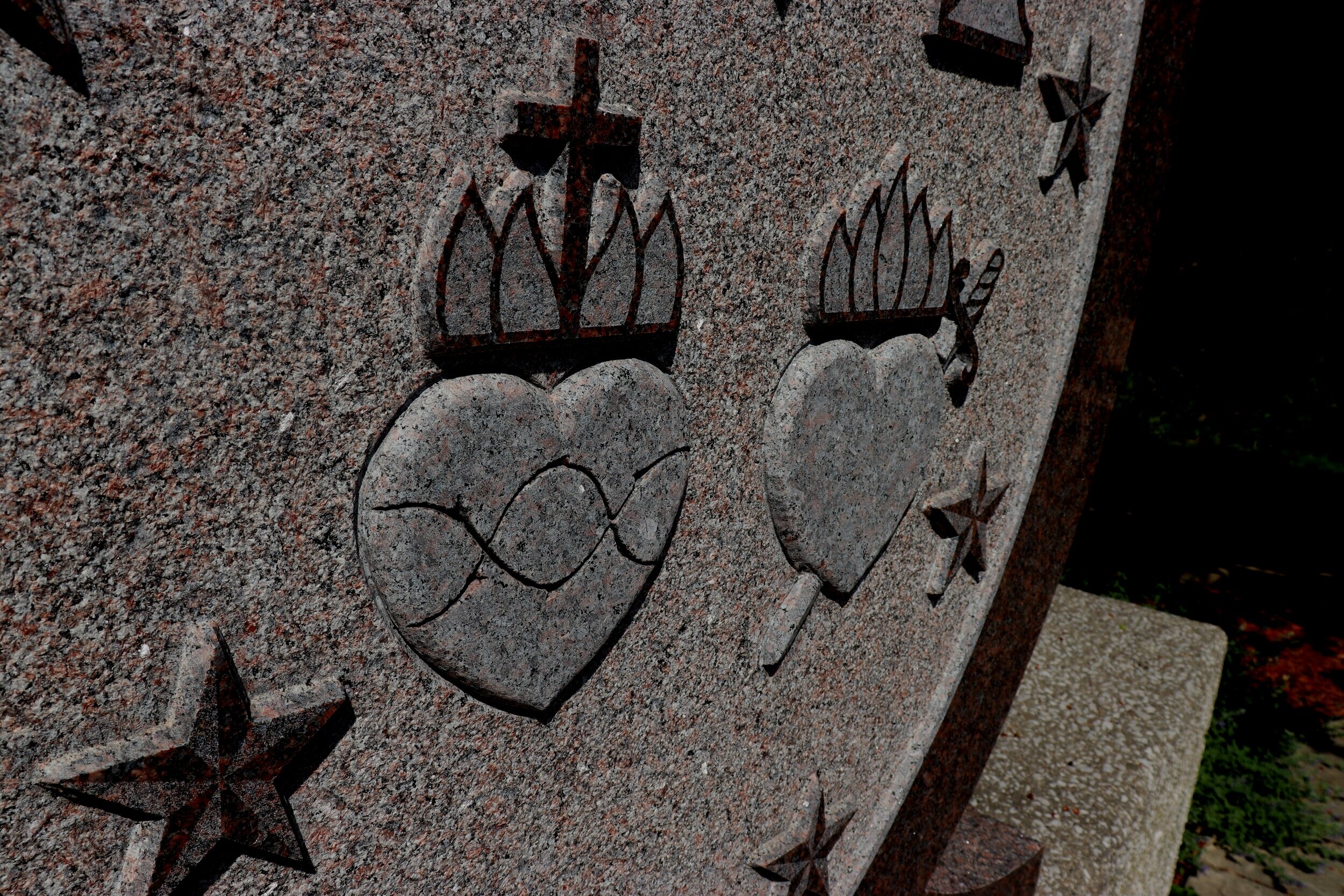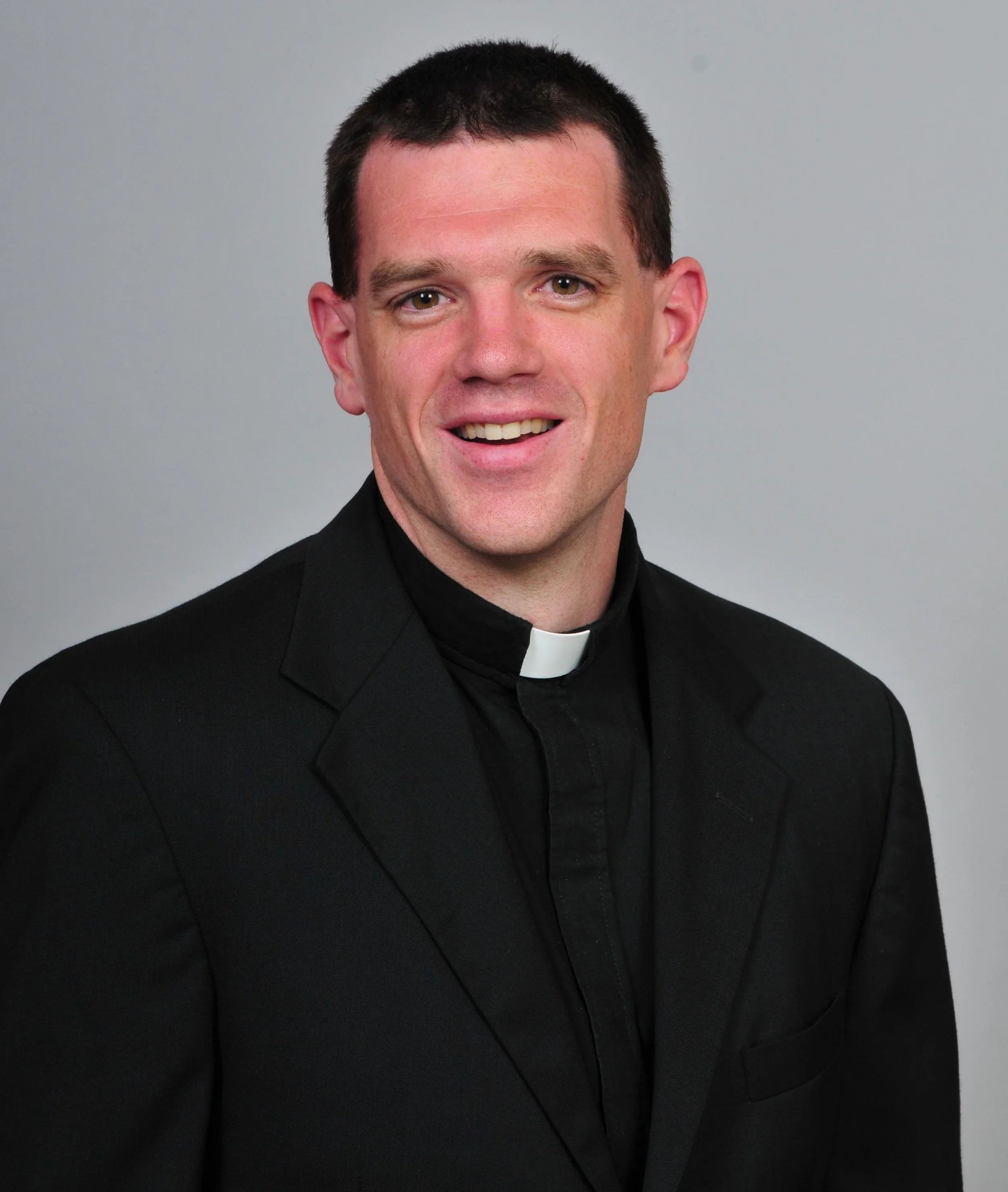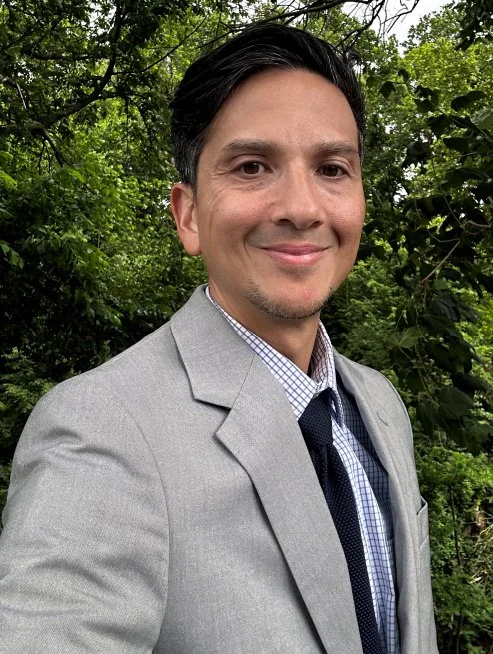
Draw Near Blog
-

Kate Boyce
Guest Contributor
-

EmmaLee Miklosovic
Guest Contributor
-

Fr Patrick Behm
Guest Contributor
-

Toni Hendricks
Guest Contributor
-

Phillip Grothus
Guest Contributor
The Baptism of Jesus and Feeling Seen
During Mass, I talked to the Lord about it: “Jesus, I feel so oddly seen during this Mass. Between Father’s prayer and David’s hug, I get that they appreciate me, but it’s a little extravagant.” In a way that only He could, the Lord answered my worry and called me back to focus on the Eucharistic prayer with a gentle reminder to my heart…
“And He Stayed With Him That Day”
Andrew ran from the cross once. He was one of eleven disciples not present for Jesus’ Passion and death on the cross. For whatever reason, maybe fear, disappointment, sadness, or shame, Andrew was not at Calvary as Jesus died for him and for each of us. Andrew’s story of following the Lord began with “and he stayed with Him that day.” Yet on this most important day, Andrew was nowhere to be found.
An Invitation
“Finally, she asked about my relationship with Jesus. I was a little confused. I had already told her I go to Mass often, that I prayed pretty often, that I didn’t drink as much as my friends did. Then, she put so simply, what I knew I had been often missing or over complicating…”
Theirs Would Be the Nobility of Humility
Theirs Would Be the Nobility of Humility
Two things have been on my mind lately: humility and castles.
How does humility relate to castles?
